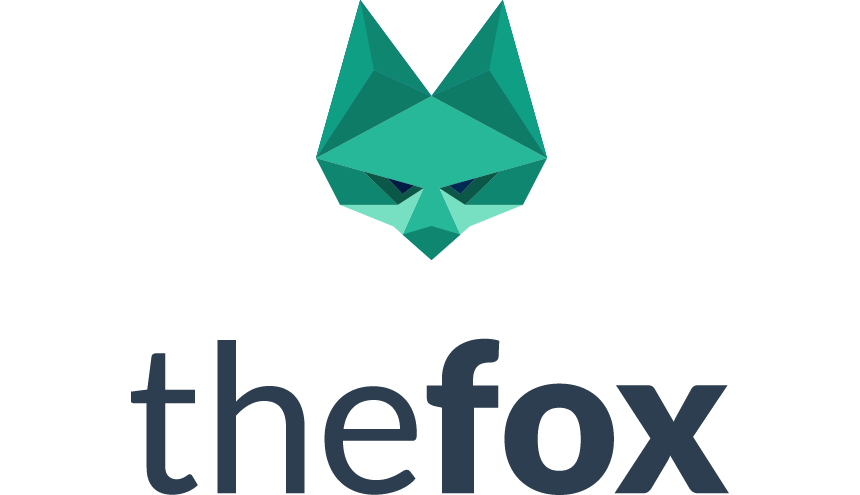What is it that sustains us being our best? Can we be high performing and look after our wellbeing, or are the two mutually exclusive?
For my guest this week, Dr Adrian Medhurst, these are the questions he started asking himself pushing himself as an elite 400m hurdler, and continues to find answers to thorough his work as a consultant, an author, and dabbling in technology based mental health tools.
Stress is omnipresent for most of us, and while some of it is not helpful and is best removed or avoided, other forms can be harnessed for our benefit, and reframed to push us to know more about ourselves and our capabilities.
When Adrian is asked to talk about these topics, he first gets those he is talking with to reflect upon their past experiences, about what has and has not worked for them previously. He does this to remind all of us that we already have an arsenal of things that we have successfully called upon up to this point in our life. We can call upon these things again to sustain our wellbeing and aid our resilience, or to help us through moments of crisis.
This can be part of a process of contemplation, concentration, and cultivation, where we build practises and routines that set us up for consciousness, flow, wellbeing and performance.
Speaking personally, some really basic things have come out of my own working through a process like this. Things including eating well, sleeping well, meditation, movement, removing harmful stress, and sustaining good friendships. While I have seasons when things get totally out of whack, having this list of essential practises etched into my mind helps me quickly get back to easy to implement fundamentals.
Towards the end of our conversation Adrian and I start talking about one of my favourite topics, that of wellbeing and performance in the workplace. Adrian talks about how we still work as if there is only one place we can do our job because of the machines and people that are there, when for most of us this is no longer the case. Many more jobs have now moved from working with objects external to our bodies, to working with ideas and concepts within our bodies and minds. This is a change we are still adapting to.
We can bring mindfulness and curiosity to our contemplation about the nature of work, aiding us to discover what changes we can make to improve our output at work, and how we are in our work, simultaneously. Ideas like bringing in more play and curiosity, trusting those we have working for us to get their work done no matter where they are, and ensuring we take time to completely switch off from work.
Adrian hopes one day to support people being at their best through simple, technology mediated experiences. With mental health issues becoming more common and placing greater loads on human practitioners to try and meet these needs, Adrian thinks that people could use tools like an artificially intelligent chat bot to supplement human services. Tools like this are already being developed, and could provide a fast and convenient first point of contact, pointing people in the direction of resources and practises to help them build their resilience.
And in his own life Adrian reflected that in learning to let go of attaching his identity to his achievements, and focusing on how he can be over who he is, has allowed him to maintain his own wellbeing as he maximises his own performance.
Adrian and I chatted on RUOK day, a day to remember to check-in regularly with those around us, to compassionately connect with them and ourselves. After our conversation I know I felt more in-tune with my own self, which after listening to this conversation I hope you do with your own self as well.
Podcast: Download
Subscribe: Apple Podcasts | Android | RSS





Leave a Comment